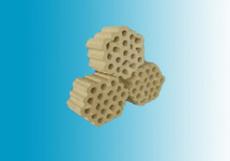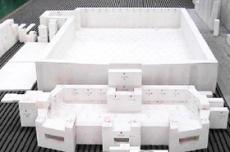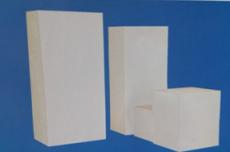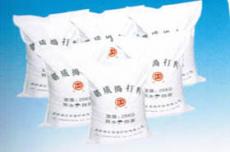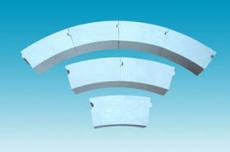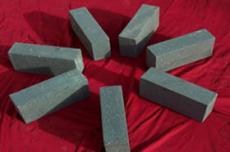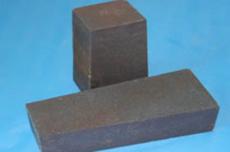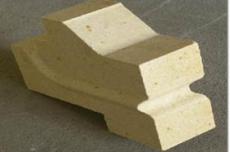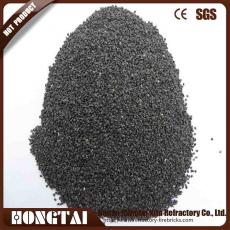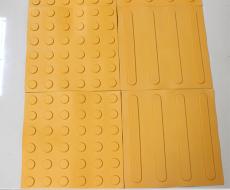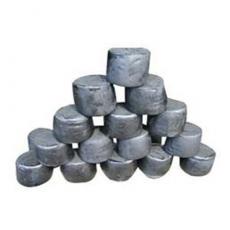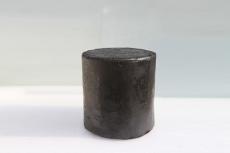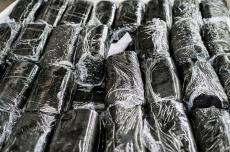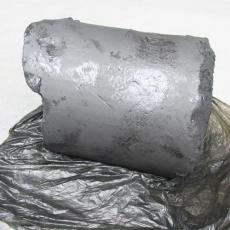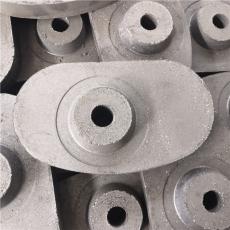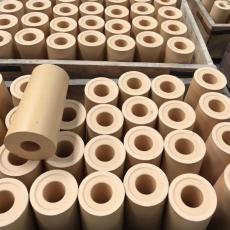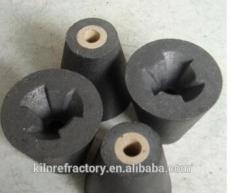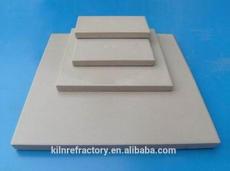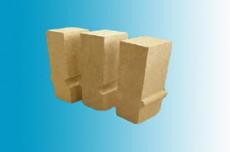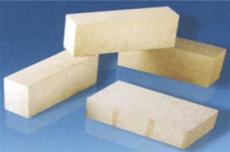
Vertical lime kilns are a common lime production equipment, and refractory bricks are an important part of vertical lime kilns. Requirements for refractory bricks for vertical lime kilns include requirements for refractoriness, strength, wear resistance, impact resistance and stability.
1. Refractoriness
Refractory is the most basic requirement for refractory bricks for vertical lime kilns. Vertical lime kilns operate at high temperatures, and refractory bricks with insufficient refractoriness are prone to melting or deformation, resulting in equipment damage or production interruption. Therefore, the refractoriness of refractory bricks for vertical lime kilns should meet the corresponding standards to ensure that they can remain stable at high temperatures.
2. Strength
Strength is one of the important properties of refractory bricks for vertical lime kilns. At high temperatures, refractory bricks must not only bear their own weight, but also the high temperature and high pressure of limestone, so they are required to have sufficient strength. The strength of refractory bricks is usually measured by indicators such as compressive strength and flexural strength, which should meet relevant standards.
3. Wear resistance
During the production process of the vertical kiln lime kiln, the refractory bricks will be eroded and worn by high-speed airflow and materials, so the refractory bricks are required to have good wear resistance. Refractory bricks with poor wear resistance are easy to wear, resulting in a shortened service life, requiring frequent replacement, and increasing production costs. Therefore, when selecting refractory bricks for vertical kiln lime kilns, their wear resistance should be fully considered.
4. Impact resistance
During the production process of the vertical kiln lime kiln, refractory bricks will also be impacted and collided with materials. Therefore, refractory bricks should have a certain impact resistance to prevent cracking or damage due to impact. Refractory bricks with poor impact resistance are easily damaged, affecting the normal operation and production efficiency of the equipment.
5. Stability
Stability is one of the important properties of refractory bricks for vertical kiln lime kilns, including thermal stability and chemical stability. Thermal stability refers to the performance of refractory bricks that are not easy to deform, crack or peel off at high temperatures. Chemical stability refers to the performance of refractory bricks that are not easy to react chemically with materials at high temperatures. Refractory bricks with good stability can ensure the normal operation of equipment and stable production.
The requirements for refractory bricks for vertical kiln lime kiln include refractoriness, strength, wear resistance, impact resistance and stability. When selecting refractory bricks for vertical kiln lime kiln, these requirements should be fully considered and high-quality refractory bricks that meet the standards should be selected to ensure the normal operation of the equipment and stable production. At the same time, during use, refractory bricks should be regularly inspected and repaired, and damaged refractory bricks should be replaced in time to ensure the long-term stable operation of the equipment.
